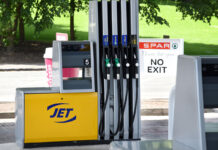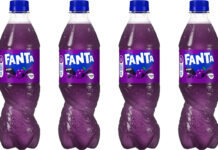With an explosion of new brands, variants and sizes in recent years, the energy drinks market offers a huge amount of choice to consumers – but which offer the best value for retailers?
ACROSS Scotland’s independent convenience channel, functional and energy drinks are hugely important.
As with any sub-category, to get the most out of energy drinks, retailers have to ensure they have the right range, generating the most sales.
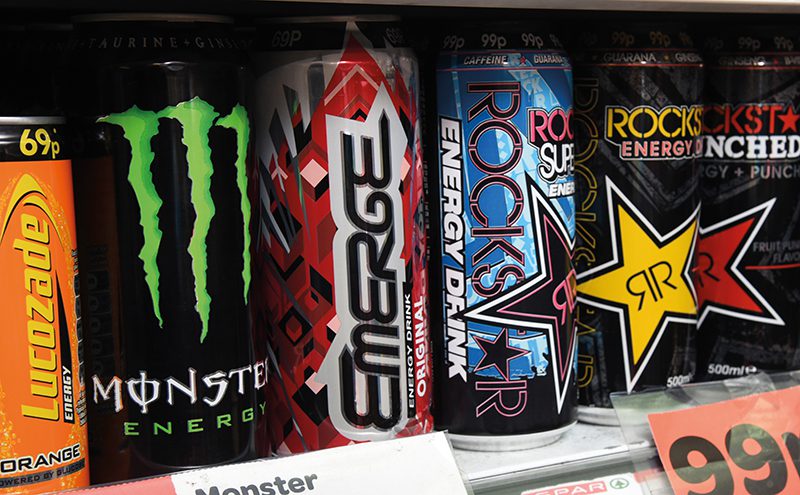
But as the market continues to become extremely crowded, with more brands, variants and formats than ever before, deciding what to devote space to, and what to cut back on, can be a delicate task.
According to Red Bull, within energy, sizes are driving category growth, with core continuing to contribute significantly to share. So what’s the firm’s recommendation to retailers?
Quoting figures from IRI, Rich Fisher, category development manager at Red Bull UK, said: “In 2016, Red Bull Energy Drink 250ml became the new number one UK single-serve soft drink, surpassing Coca Cola Original 500ml. This demonstrates that consumers are willing to pay more for a premium brand that delivers added value.
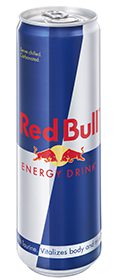 “With an increasing number of SKUs entering the sports and energy category, many stores have placed an increased importance on standard and value tier brands, providing them more space on shelf, resulting in a negative impact on the value of the category.”
“With an increasing number of SKUs entering the sports and energy category, many stores have placed an increased importance on standard and value tier brands, providing them more space on shelf, resulting in a negative impact on the value of the category.”
He suggested it was high time many retailers think about levelling up to premium brands.
“Within functional energy drinks, although standard and value brands have a higher frequency of purchase, premium brands, such as Red Bull, actually drive a higher spend per shopper,” he said.
“Red Bull advises that retailers allocate the relevant space on shelf by consolidating their range and encouraging shoppers to trade into the premium brand tier, to generate the highest revenue.”
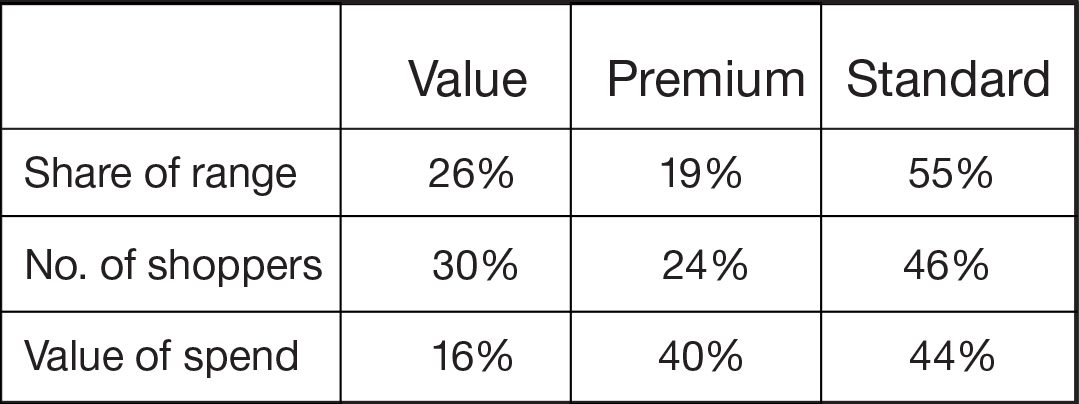
In Scotland, the energy drinks category is worth £134m, according to IRI figures quoted by AG Barr, the company behind Rockstar.
Marketing director Adrian Troy pointed to three key areas retailers should pay attention to – larger pack sizes, flavours and sugar free.
“Big can formats are driving this growth at 13% with flavoured variants continuing to drive significant growth,” he said.
“Rockstar is currently the largest big can flavoured energy drink in the Scottish convenience market and six of the top ten flavoured big cans are Rockstar flavours, including Punched Guava and Xdurance.
“Sugar is an important component of energy delivery for the majority of consumers in the market, but a growing number of consumers are looking for a lower calorie or even sugar free option. The low-calorie big can energy market in Scotland is currently worth £6.5m and is estimated to grow significantly over the next five years.
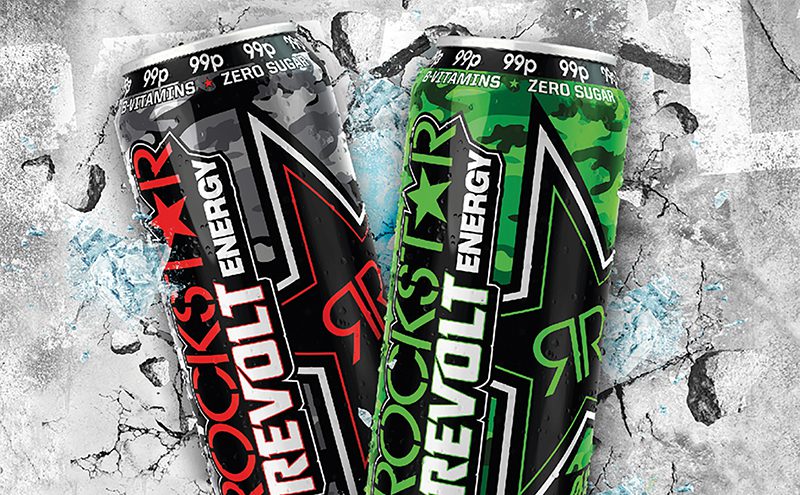
“Rockstar Pure Zero was launched to meet this need, fulfilling both the demand for a low calorie option and the demand for great-tasting flavoured energy. It is important that retailers cater for this need and opportunity by offering choice to their shoppers.”
Amy Burgess, trade communications manager at Coca-Cola European Partners, also highlighted sugar as a barrier to consumers entering the energy drinks market.
“We helped retailers meet this demand for zero-sugar drinks with the launch of Monster Energy Ultra, a range of three calorie free flavours, in January 2016,” she said.
“This increasing demand was reflected further in January 2017 with the launch of a fourth variant. Monster Energy Ultra Citron combines a sparkling lemonade flavour with the light citrus sweetness of the Ultra range, further increasing the choice of sugar-free energy drinks for health-conscious consumers.
“Its launch comes after sales of low calorie energy drinks grew by 32% over the past year, making it the highest performing segment in the energy drinks sector. Since its launch, the Monster Energy Ultra range can claim responsibility for 55% of this low calorie growth, with Monster Energy Ultra White the biggest generator of growth in the entire sector during 2016.”






